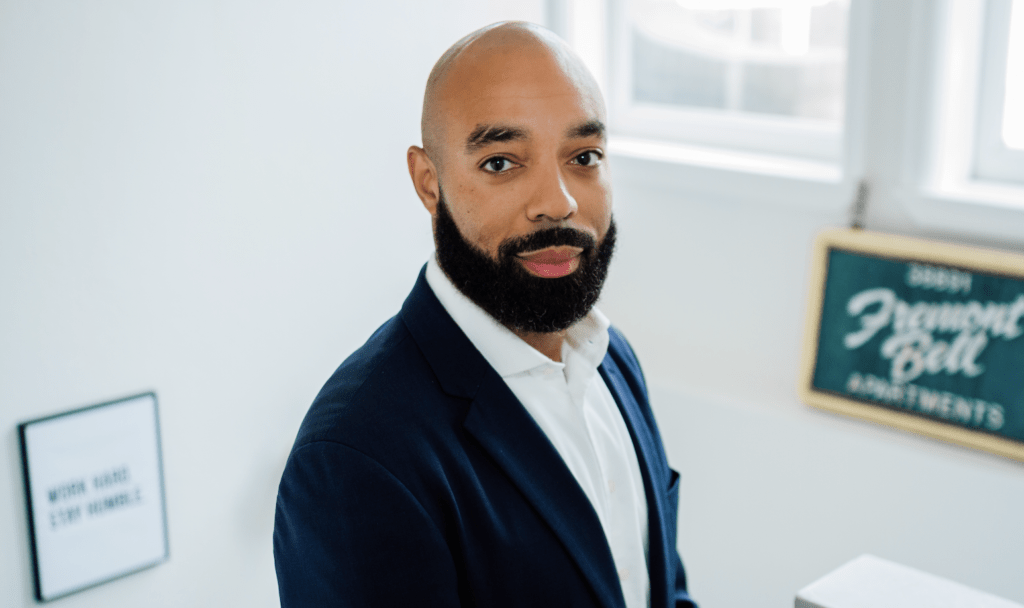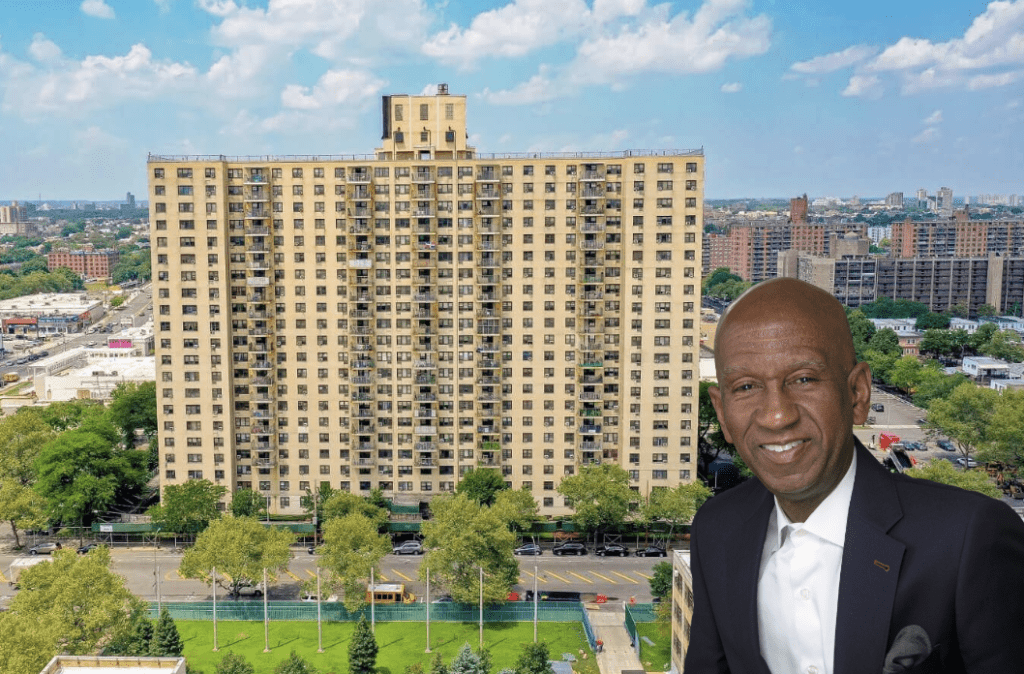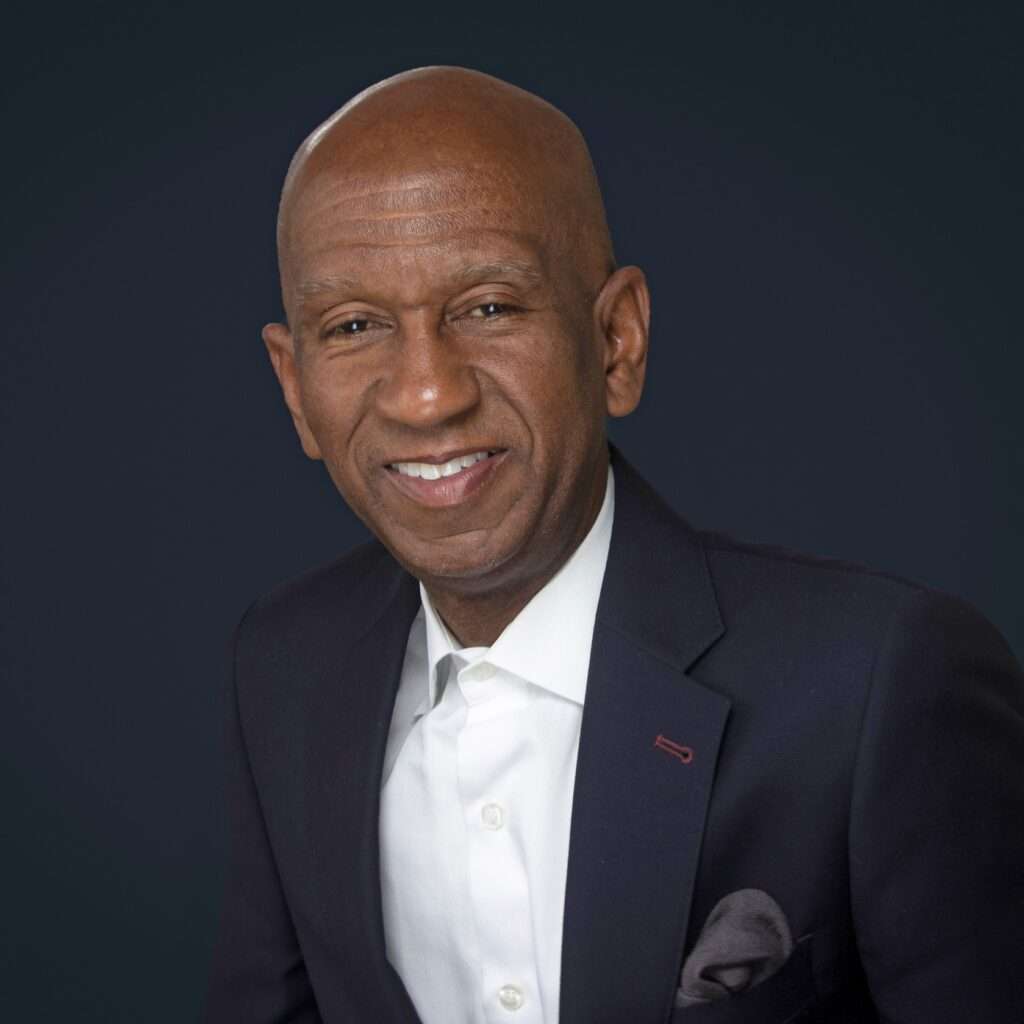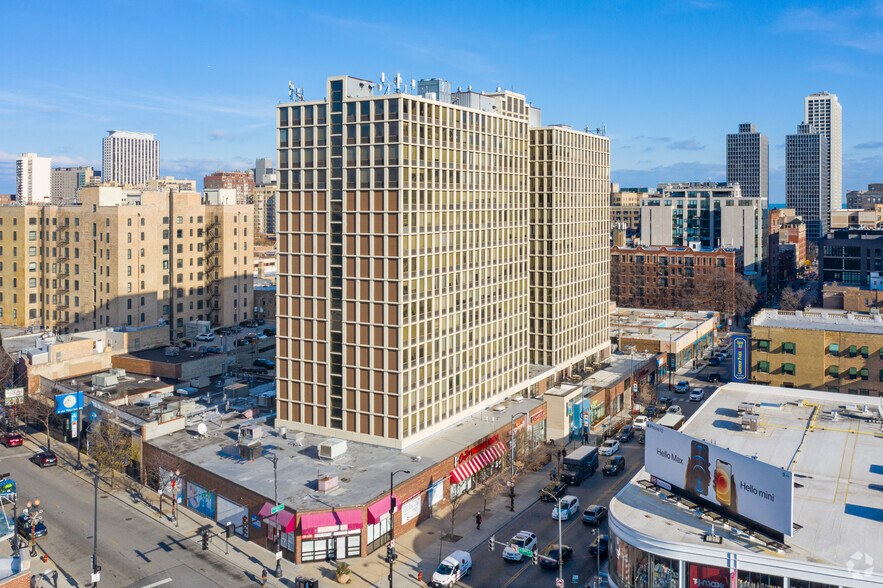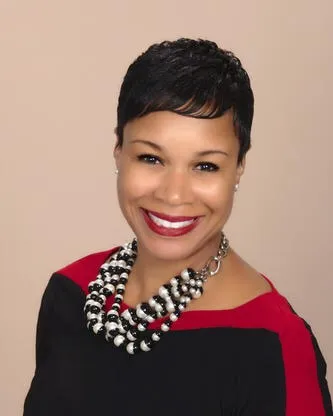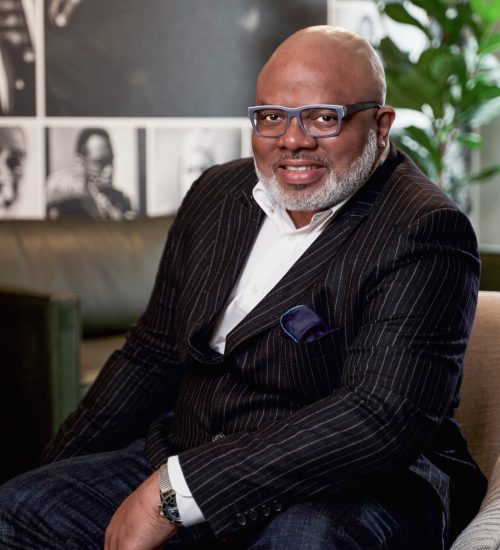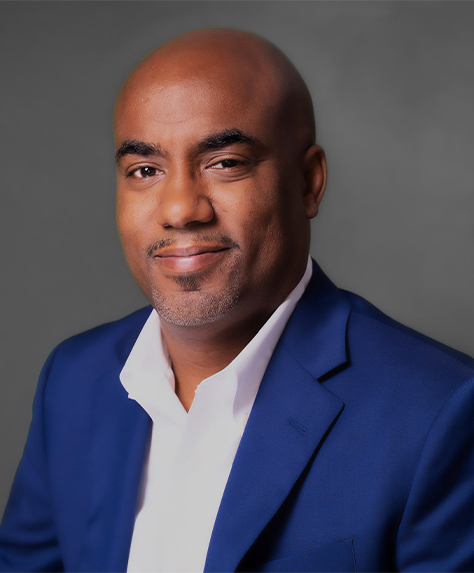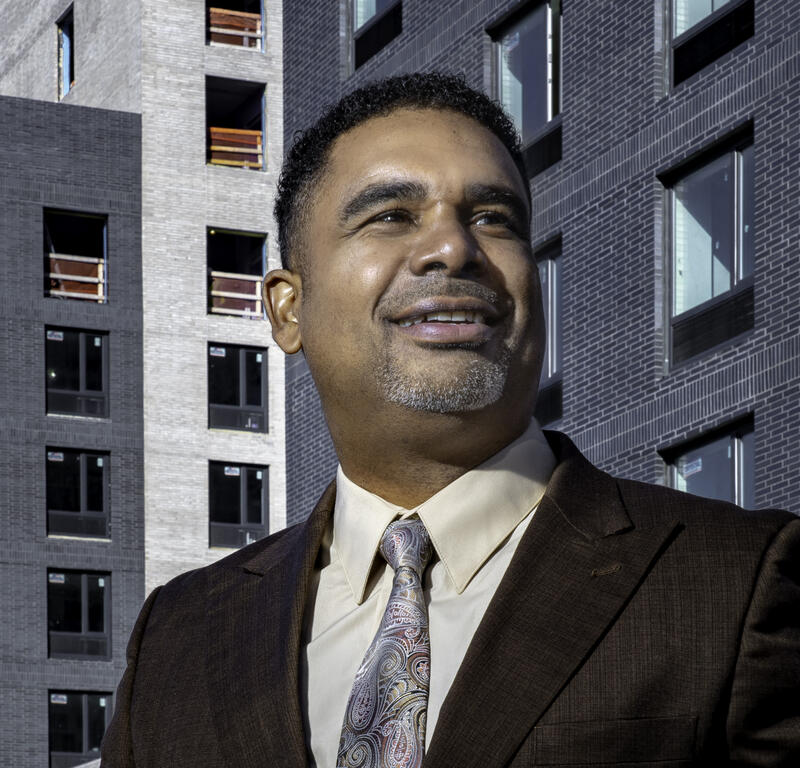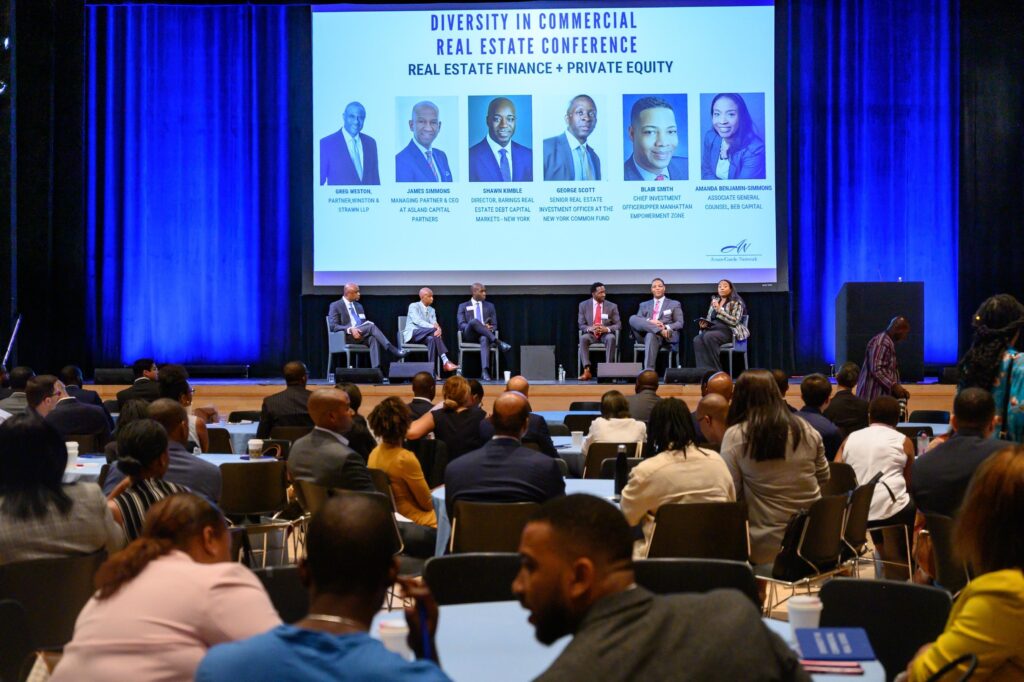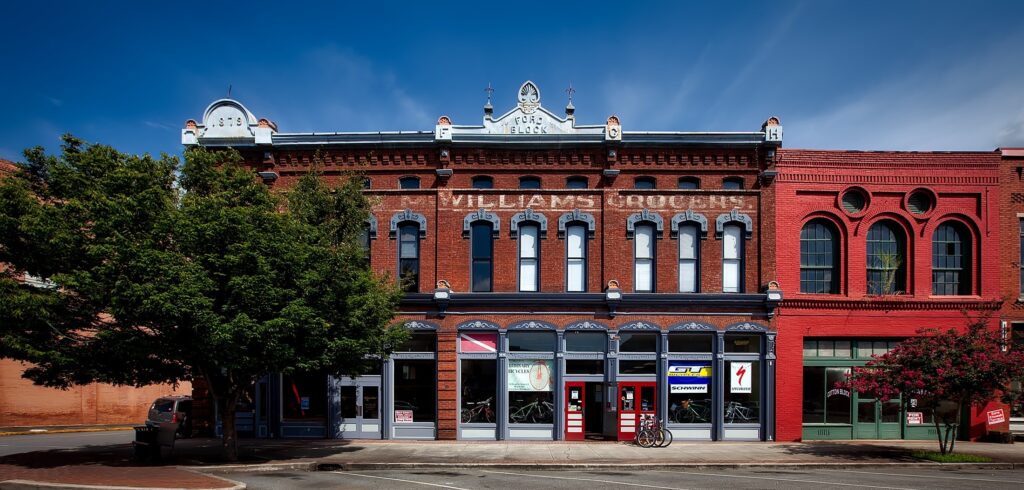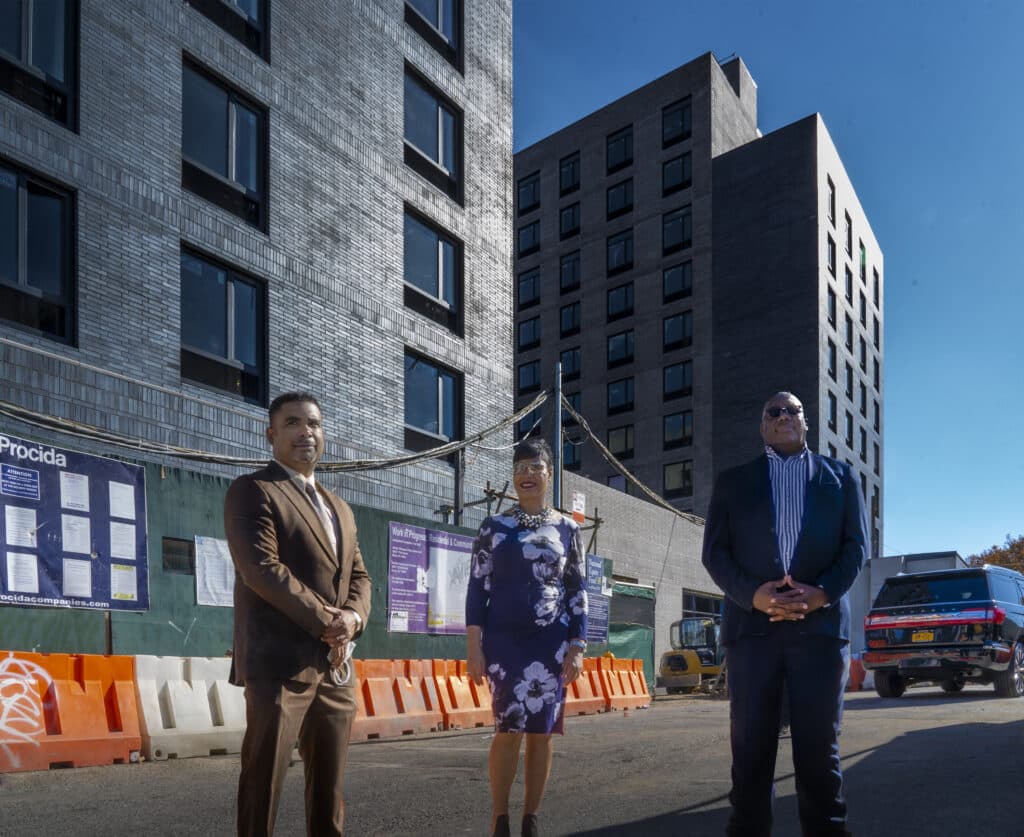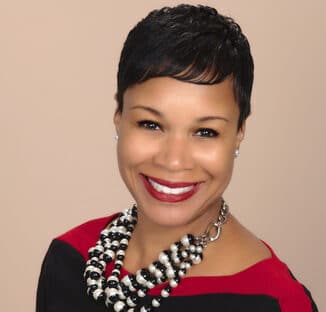As the Managing Director and Head of Starwood Impact Investors (SII), Bakari Adams leads a return-driven investment platform dedicated to investing in commercial real estate opportunities controlled by underrepresented partners.
Through this collaboration, Starwood Capital, a global private equity real estate firm, will invest programmatic capital and provide strategic advice through board participation and infrastructure support.
In this interview, Bakari sheds light on the inspiration behind SII, the challenges it aims to address, and his vision for the future of impact investing in the industry.
What motivated Starwood Capital to launch Starwood Impact Investors (“SII”), and what challenges do you hope to address in the real estate industry?
Starwood Capital Group (“SCG”) started by partnering with top local operators in strong markets and asset classes, which provided broad exposure to investment opportunities.
However, as the firm grew, its strategies evolved. SII returns to SCG’s roots, supporting skilled partners to pursue attractive investments the firm might otherwise miss, widening the net for greater opportunities. SII aims to achieve this by investing in undercapitalized and underrepresented real estate operators who historically lacked liquidity to optimize outcomes.
Less than 5% of real estate firms are diverse or woman-owned. Diverse managers oversee less than 3% of real estate AUM, and only 0.5% of recent third-party capital funding goes to diverse or woman-owned managers. This highlights a significant market segment with immense potential that is currently overlooked. Through SCG, SII is positioned to drive more equitable outcomes in the real estate industry while capitalizing on excellent investment opportunities.
What are some key criteria you consider when evaluating impact investments?
- SII investments include non-controlling positions in real estate operating companies and GP / LP positions in real estate assets through joint ventures.
- Sponsors seeking OpCo investments should have strong institutional experience, demonstrate expertise as investors, present a proven track record, and have institutional-grade, scalable business plans with a strong pipeline. Collaboration is key in our partnerships. For asset-level joint ventures, we seek partners with a proven track record and strong institutional experience.
How will SII support its partner companies beyond providing capital?
SII goes beyond providing capital to its partner companies, offering infrastructure support and board oversight. Partners gain access to training, research, industry experts, and a network of operators, capital providers, and real estate professionals to aid in their growth. Furthermore, partners can utilize SCG’s capabilities in acquisitions, asset management, and capital markets.
What is your vision for the future of impact investing in real estate?
Impact investing in real estate is a powerful force for driving strong financial returns and positive change in the built environment. Strategies such as affordable or workforce housing, energy efficiency, sustainability, community development, and investing capital with underrepresented sponsors are gaining popularity. Impact investing’s ability to uncover positive opportunities and deliver great returns makes it increasingly appealing.
What advice would you give aspiring entrepreneurs and young professionals from underrepresented groups interested in pursuing careers in real estate?
Several excellent real estate training programs and organizations are available to assist young professionals in their development. Each offers valuable insights and expertise across different skill levels.
Some notable options include REEC, REEC Mentorship Program, Project Destined, SEO, Toigo, and Wall Street Prep Real Estate.

